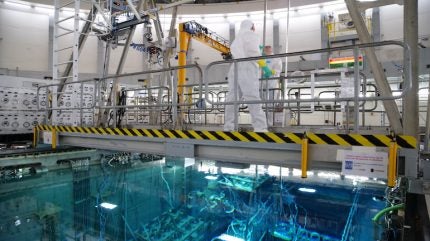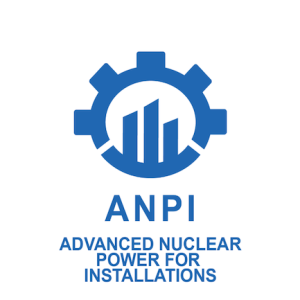
Belgian nuclear research centre SCK CEN in Mol, Antwerp province, having almost completely dismantling its Belgian Reactor 3 (BR3), is replacing it with a Material Treatment (MaT) building. MaT is an innovative workplace for the sustainable dismantling of nuclear reactors which will investigate solutions to treat radioactive waste.
BR3 was the first pressurised water reactor (PWR) in Europe and served as a prototype for the Belgian reactors in Doel and Tihange. It began operation in 1962 and was permanently shut down in 1987. The European Commission selected BR3 as a pilot project to show the technical and economic feasibility of dismantling a reactor under real conditions. About a hundred nuclear reactors will be decommissioned in Europe in the near future.
In the MaT building nuclear waste can be temporarily stored pending further treatment and transport to BelgoProcess – the company responsible for nuclear storage in Belgium. There is also room for a test platform where scientists can measure whether the material meets the requirements of the Belgian Agency for Radioactive Waste & Enriched Fissile Materials (NIRAS/ ONDRAF). More accurate measurement will better indicate where and how the material should be stored.
The workplace will also allow researchers to test new techniques such as decontamination, cutting and sandblasting. “With comparative studies, we are evaluating how these methods contribute to minimising the amount of radioactive waste and improving the reuse of materials,” stated SCK CEN.
SCK CEN invited the Year 5 pupils from the neighbouring school VBS De Toren and their parents and grandparents to the opening of the building. “Because it is for young people that we erected this building,” explained Didier Leonard, Director of the Sustainable Waste Management & Decommissioning Institute at SCK CEN. “Our mission is not to burden future generations with the challenges of nuclear decommissioning and radioactive waste management. We must take action now to leave a responsible legacy.”






